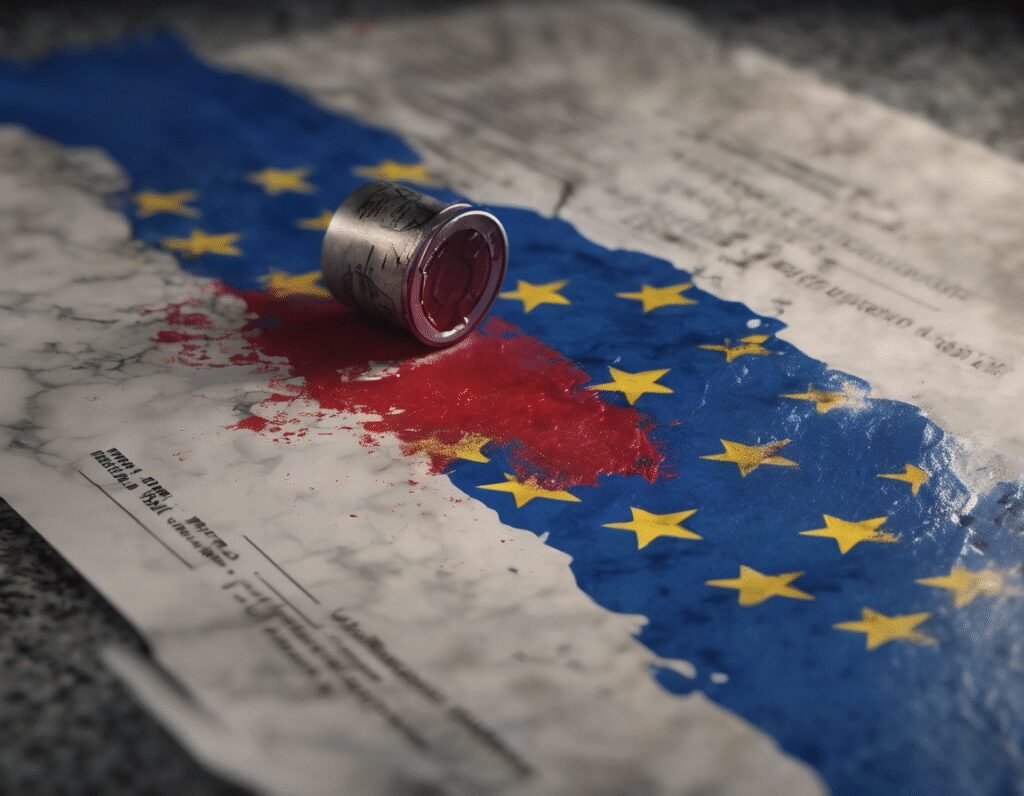France Threatens to Block EU Crypto Passporting in Regulatory Test
A potential regulatory clash is brewing within the European Union as France considers blocking a key mechanism designed to unify the crypto market. The dispute centers on the ability of crypto asset service providers, or CASPs, licensed in one member state to operate across the entire bloc, a process known as passporting.
The issue arose following the full implementation of the Markets in Crypto-Assets regulation, or MiCA, which established a comprehensive licensing framework for the industry. While MiCA is an EU-wide law, it included a controversial provision allowing companies that received authorization in a member state before MiCA took full effect to continue operating across the EU for up to 18 additional months without a full MiCA license. This is known as grandfathering.
France, which has one of the strictest national licensing regimes for crypto firms in Europe, is now threatening to prevent these grandfathered companies from using their existing licenses to provide services within its borders. French regulators are concerned that some firms may have sought licenses in member states with more lenient pre-MiCA requirements specifically to gain easier access to the wider EU market, a practice sometimes viewed as regulatory arbitrage or seeking loopholes.
This move by French authorities tests the boundaries of EU financial law. The principle of passporting is a cornerstone of the single market, designed to eliminate bureaucratic barriers and allow seamless cross-border business. A decision by France to block this right would be a significant challenge to that principle and could fragment the regulatory landscape before it has fully unified under MiCA.
Legal experts are divided on the legitimacy of the French position. Some argue that the threat is legally feasible. They point out that MiCA itself includes safeguards. National regulators have the authority to refuse the operation of a grandfathered firm if they believe it presents a clear and present threat to national investor protection or market integrity. France could potentially invoke this clause to justify a block, arguing that a license from a less rigorous jurisdiction does not meet its high standards for consumer safety.
Other analysts see the threat less as a immediate legal action and more as a stark warning shot. They interpret it as a message to both crypto firms and other EU regulators that France will not tolerate what it perceives as a lowering of standards. The goal may be to pressure companies to seek a full MiCA license from a stringent authority like France’s AMF rather than relying on a transitional license from elsewhere. It also pressures other national regulators to rigorously enforce high standards during this transitional period to maintain a level playing field.
The outcome of this situation will have profound implications for the crypto industry in Europe. If France successfully blocks firms, it could encourage other member states with strict regimes to follow suit, creating a patchwork of regulations that undermines the single-market goal of MiCA. It would create uncertainty and complicate expansion plans for crypto businesses, potentially stifling innovation and growth within the EU.
Conversely, if the European Commission or other EU bodies determine that France’s actions violate single-market rules, it could reinforce the power of passporting and limit the ability of individual nations to set their own de facto standards, cementing MiCA as the ultimate authority.
For now, the threat hangs in the balance, serving as a critical test case for European crypto regulation. It highlights the ongoing tension between national sovereignty and EU-wide harmonization, forcing a difficult conversation about how to balance a unified market with high and consistent investor protection across all twenty-seven member states. The industry is watching closely, as the precedent set here will define the operational reality of the EU crypto market for years to come.

